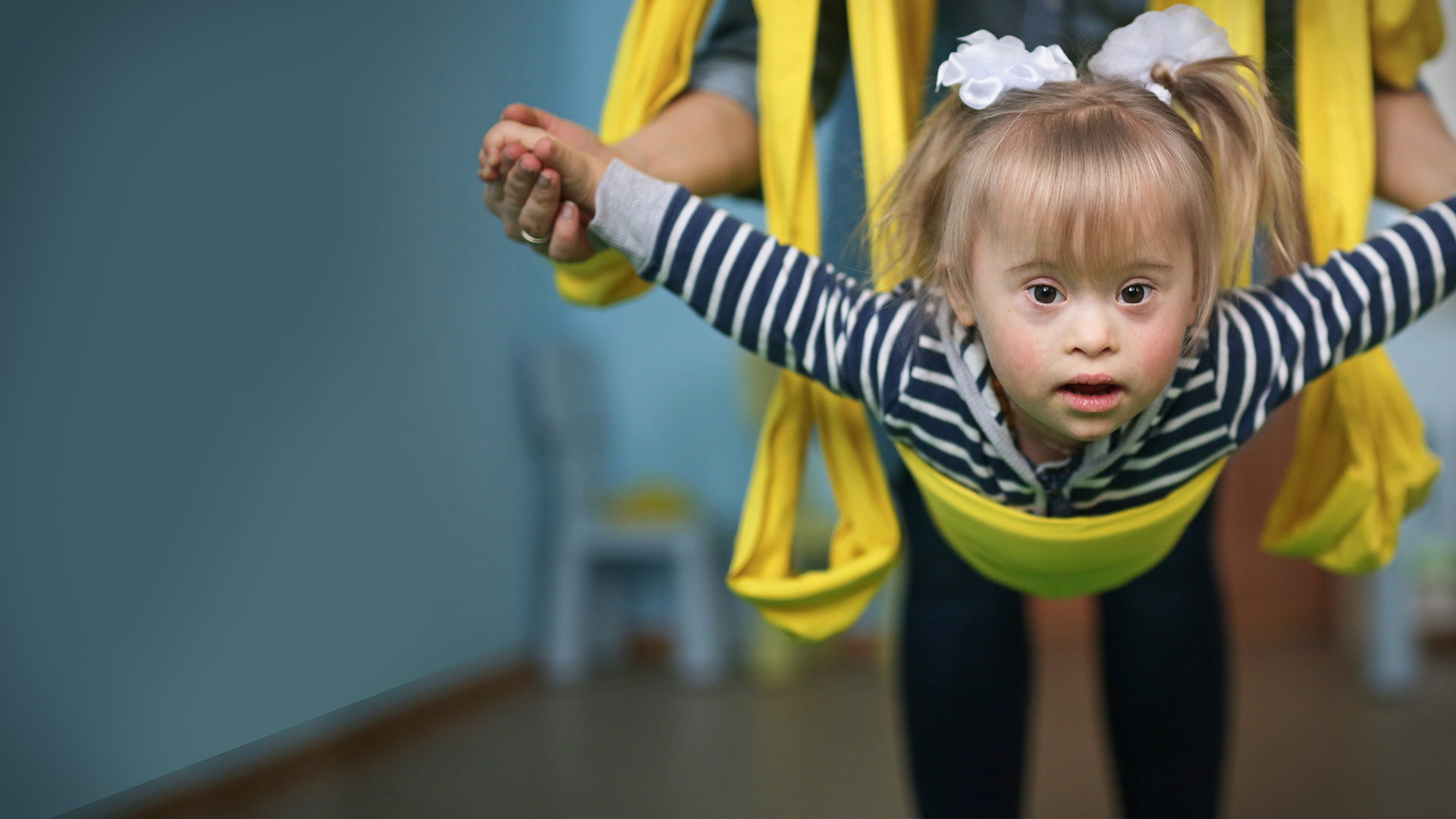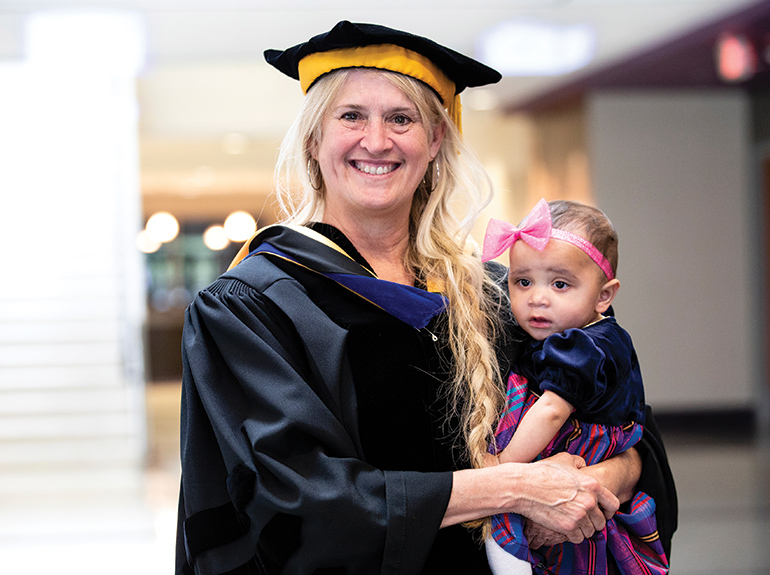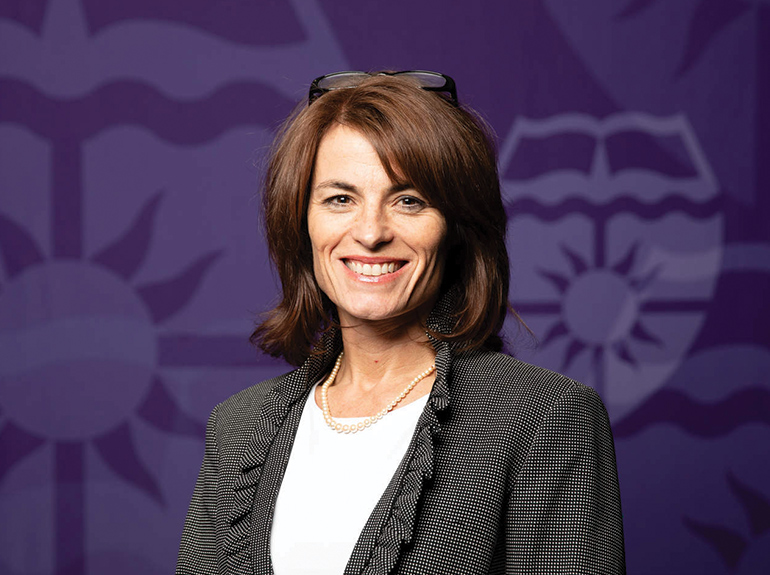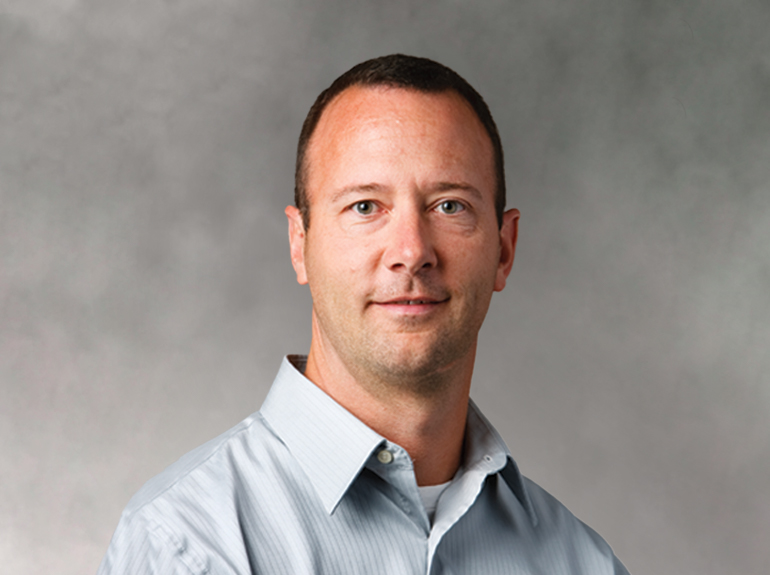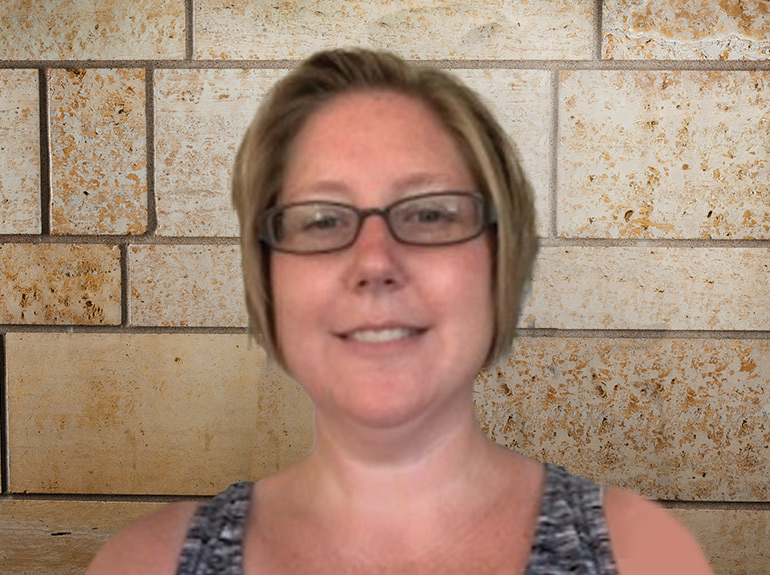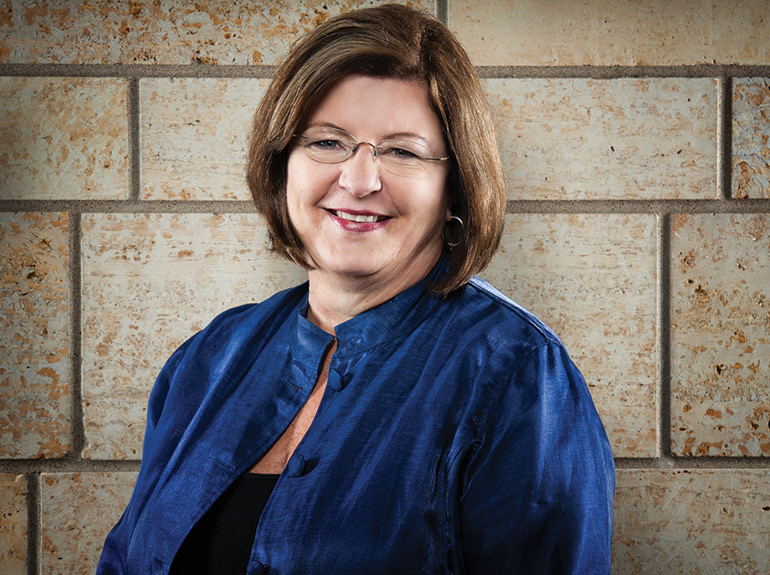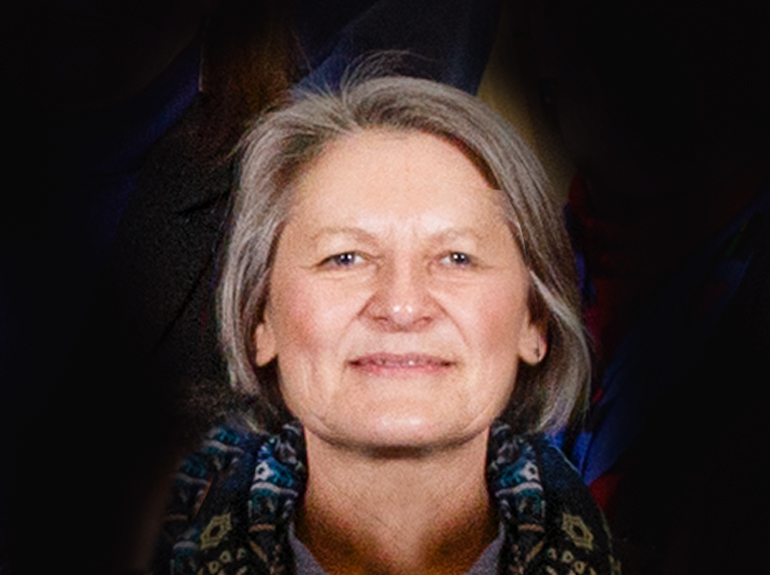Special Education Concentrations
Educators specializing in Academic Behavioral Strategist (ABS) learn to meet the mild to moderate needs of learners from kindergarten through age 21 in the primary disability areas of autism spectrum disorder, developmental cognitive disabilities, emotional behavioral disorders, specific learning disabilities, and other health disabilities.
Educators specializing in Autism Spectrum Disorder (ASD) learn to meet the needs of learners with autism from birth to age 21 (B-21) in areas such as academic achievement, socialization, communication, and behaviors.
Educators specializing in Developmental Cognitive Disabilities (DCD) learn to meet the needs of learners from kindergarten through age 21 in areas such as academic achievement, cognitive development, adaptive behaviors, and functional skills.
Educators specializing in Early Childhood Special Education (ECSE) learn to meet the needs of learners from birth through six with motor, sensory, health, communication, social-emotional or cognitive disabilities.
Educators specializing in Emotional Behavioral Disorders (EBD) learn to meet the needs of students from kindergarten through age 21 in the areas of academic achievement, behaviors, emotional development, and socialization.
